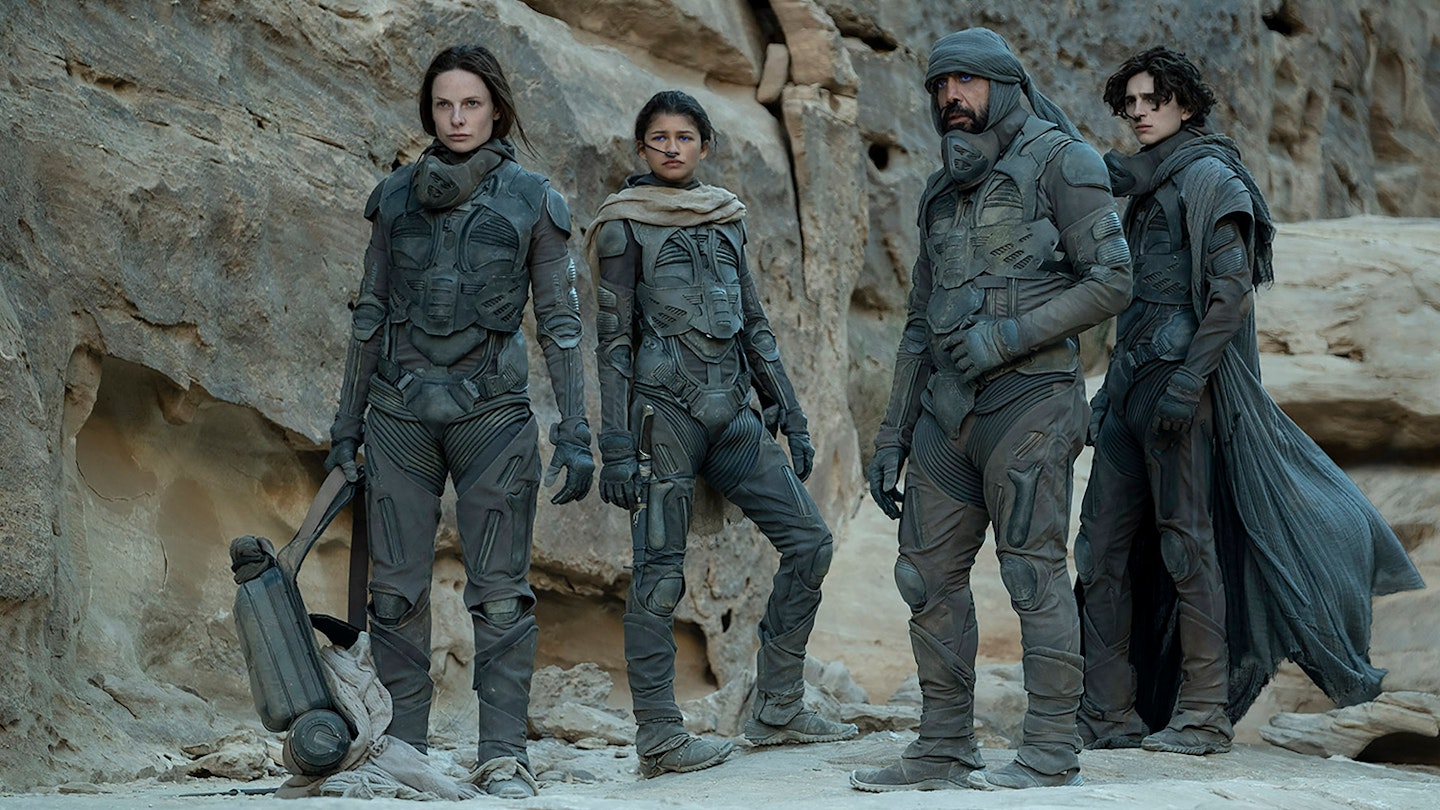Contains spoilers for Dune: Part One – but no major book spoilers.
After spending much of the past two years in our own homes, Denis Villeneuve gave us all what we needed. With the arrival of his cinematic adaptation of Dune (tackling the first half of Frank Herbert’s sprawling sci-fi novel), the filmmaker took audiences on a thrilling trip to desert planet Arrakis for an adventure packed with Spice, sandworms, and subterfuge. From its mind-blowing sense of scale, to its epic story, and incredible performances from the entire cast – including Timothée Chalamet’s Paul Atreides, Rebecca Ferguson’s Lady Jessica, Oscar Isaac’s Duke Leto, and an array of favourites from Jason Momoa’s Duncan Idaho to Zendaya’s Chani – it’s an instant sci-fi masterpiece.
So naturally, Empire leapt at the chance to sit down with Denis Villeneuve and talk spoilers – to an extent. By which we mean, we had a spoilerific chat about the events of Dune: Part One (as it’s actually called), without straying too far into Part Two territory, on the Empire Spoiler Special Podcast. Read the edited highlights here – talking the nature of Paul’s dreams, the mystery of Spice-driven space travel, and characters who may appear in the next film – and hear the full conversation on the Spoiler Special podcast channel now.
EMPIRE: Did you always know exactly where you were going to break the book?
DENIS VILLENEUVE: My first intuition was to break there. And then we tried also to break it a bit later. Because in the book, there's a natural moment – there's like a two-year gap or something like that. But it didn't work out because it really felt like at the very end of two hours and a half, you were suddenly starting a new story – which is the one of Paul and Jessica being introduced to Fremen culture and being accepted by the Fremen. It was feeling like the beginning of a new chapter, which felt very heavy at the end of the- I'm 100% positively convinced that we stuck at the right moment, where we finally feel that Paul has [gone] from being a boy to an adult, and having all this arc of this first part completed.
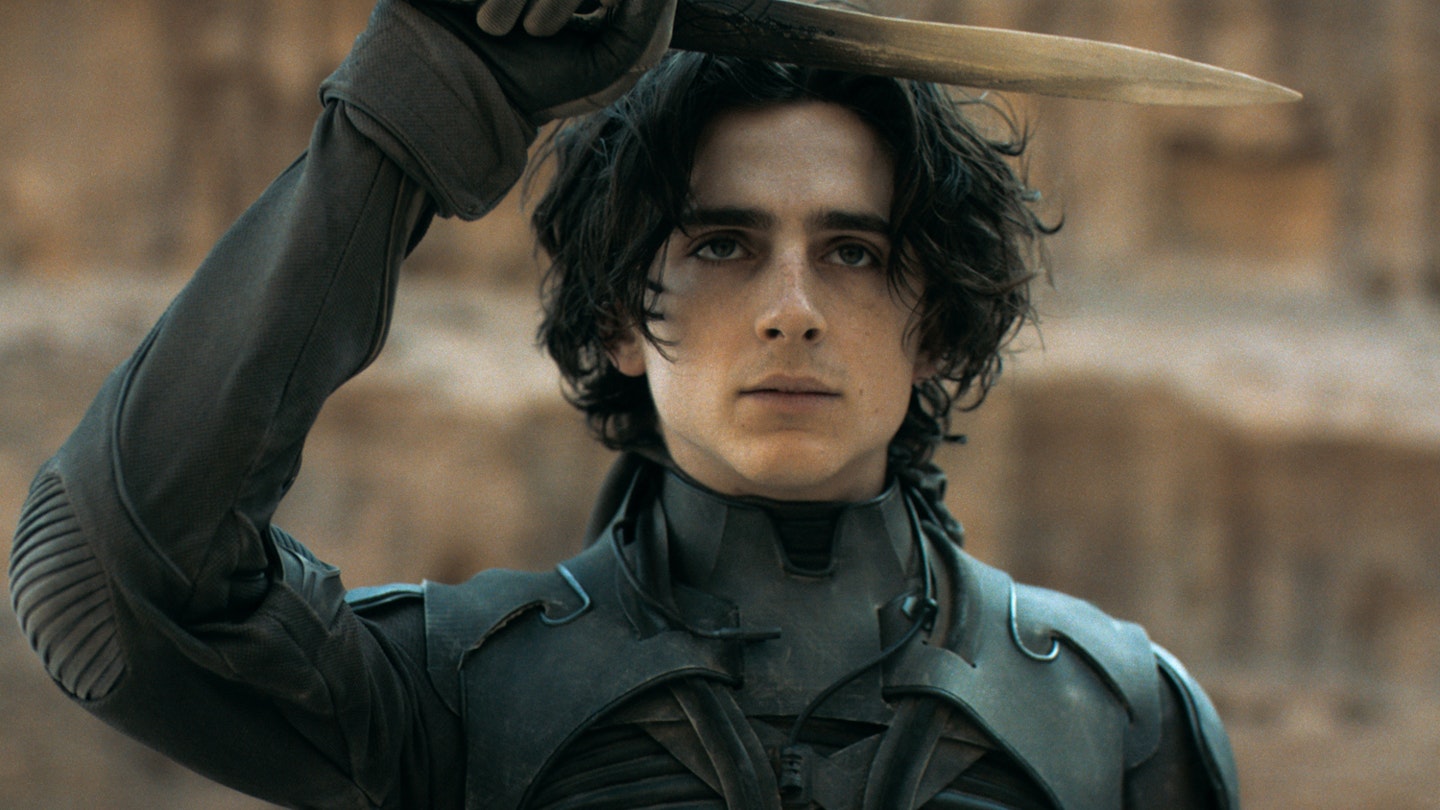
Where did you start with your adaptation? Was it focusing in on Paul as a character?
Yes. The book is about Paul Atreides, but there are several characters, and we are, in the book, embracing several points of view. My dream was to stay very focused only on Paul, but to sometimes have a glimpse on other characters in order to understand the story. But mainly, we stay with Paul and we focus more specifically on him and his relationship with his mother, Lady Jessica. That for me was at the very heart of the story. And it allowed me also to bring more light on the Bene Gesserit sisters and their movement, and on one of my favourite characters of the book, Lady Jessica.
It feels like you can see all of Paul’s ‘fathers’ in him as the film goes on – you can see elements of Duncan Idaho, of Thufir Hawat, of Duke Leto…
Paul is a very lonely kid at the beginning. A lonely teenager that has no friends but his mentors, his teachers. And as written in the book, I try to bring on him all the heritage of these mentor figures around him, and – as you rightly said – to feel the richness of those relationships, how it influenced the boy through his education, and what will feel [like] the impact of these relationships as the movie goes on.
Can we hope to see some of those guys in Part Two?
Well, that is a major spoiler! As Timothée kept saying, the book has been out there for 60 years, it's a very well known story – but yes, some will reappear out of the dust. Part Two will be such a cinematic treat. Making Part One for me was just to [set] the table, you know? And to explain the cultures and the background of all the different planets and civilisations. And then to have that chance, now that everything is set, Part Two will be just an amazing playground. It will be so fun to do.
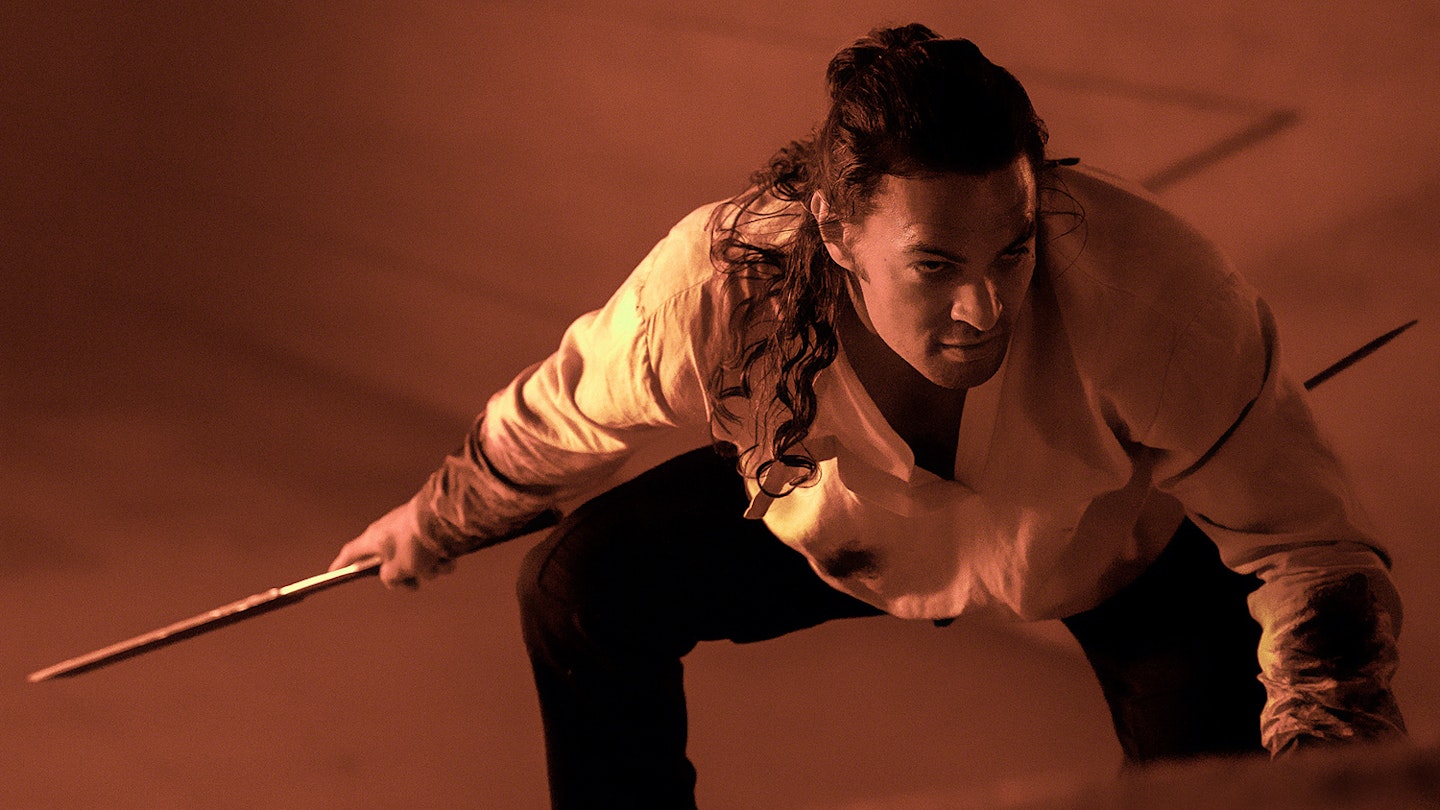
Feyd-Rautha, the Harkonnen heir – might he be in Part Two?
Definitely. That's a choice that I personally brought on. There was enough characters that were introduced in this first part, and it will be more elegant to keep Feyd for Part Two. It will be definitely a very, very important character in the second part.
Among the Imperial delegation, are the people in masks Guild Navigators, or Guild representatives at all?
They were Guild representatives. They were not Navigators. We don't see the Navigators in this first part. That was the one of the challenges of this adaptation – I was trying to keep mystery alive as much as possible. We don't show the Emperor, we don't see the Spacing Guild Navigators. There's a lot of characters that are mentioned or that are in the background that we don't see right away. I tried to keep all the space-travelling as mysterious as possible, like almost bringing some kind of mysticism or sacred relationship with that part of the movie. Everything involving space is just evocated and very mysterious.
Paul can foresee a future that is shifting all the time. The images are like dreams that he has difficulty to decipher.
Spice itself is mysterious – and we know that Spice is necessary for space travel, so it feels natural that it would be a bit mysterious.
Yes, there's something about- I insisted that we will never go inside the spaceships. Dune is really a project that was, for me, focusing entirely on Arrakis and the Fremen planet, and focusing on the ecosystem of the planet. It's a story that is very grounded. It's not a story about space-travelling. It's so [much] more beautiful when we don't see.
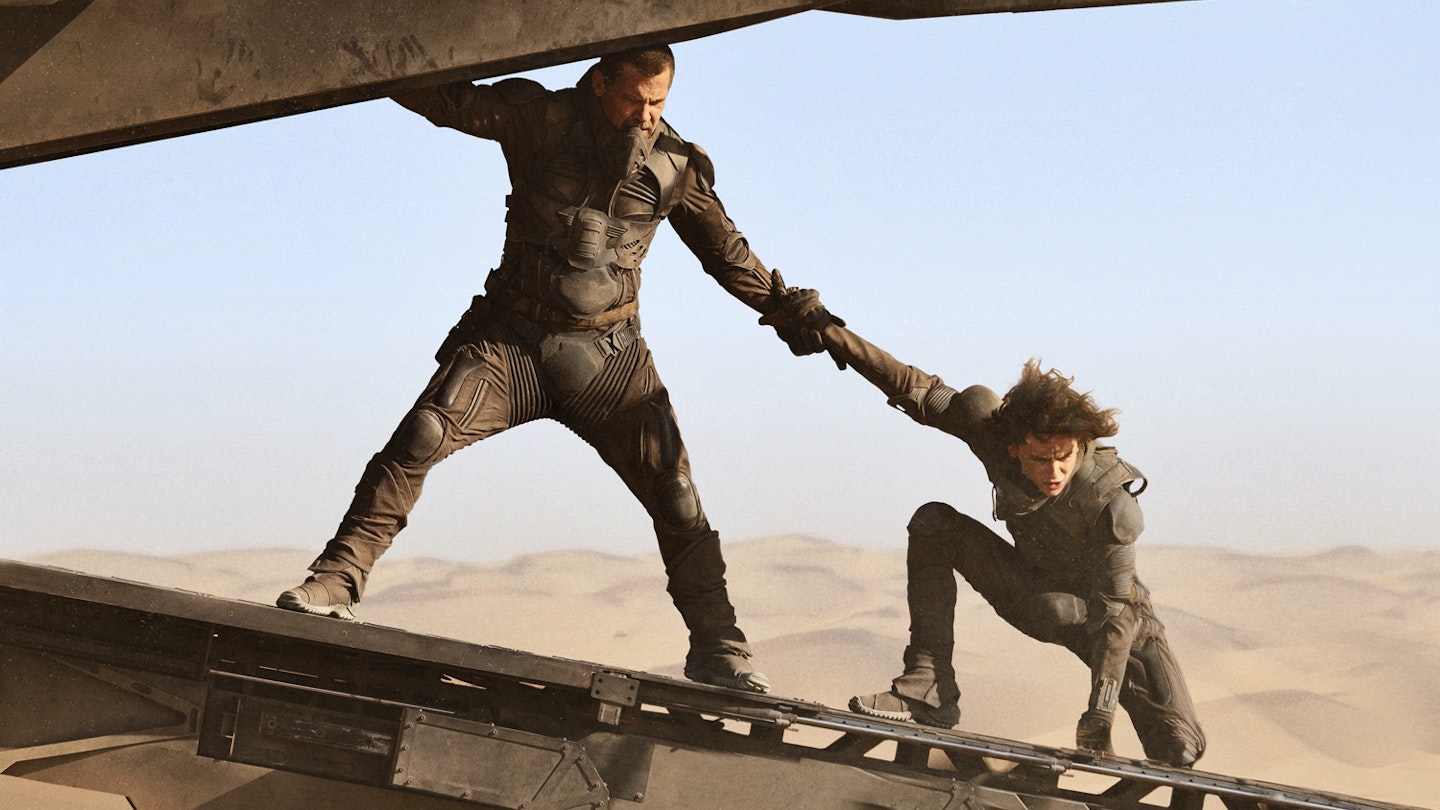
The transport ships themselves echo the shape of the worms – is it a sort of stargate that people pass through, or is that the ship itself?
The Heighliners that are used by the Spacing Guild are ships. We went through a long period of design. When we came [up] with that shape, I knew we had the right one. It feels like an echo to the worm, and at the same time it feels like it could be seen as a stargate. It's like the system that [the Imperium] are using to travel and to bridge space and time is… I like again to not explain it and try to stay in a zone of [the] unknown. I think it's absolutely beautiful. And that's where we took a little bit of liberty from the book, where it has a feeling that it could be something that is folding space in a way, that you can see it as almost as a stargate. But I like to keep it [a] mystery right now. It will be more permanent and explained in Part Two.
In Paul’s prophetic dreams of Jamis, his Fremen opponent in the duel, it says, ‘He’ll be your friend, he’ll teach you about the Fremen’… Is that over and done with? Is there going to be a continuing relationship?
I cannot reveal anything here. But I will say this – one of the challenges that I had was how to bring the idea, like in the book, where Paul can foresee a future that is shifting all the time. He can feel things, he has emotion toward what's coming. But intellectually, it's very difficult to articulate. He can have strong intuitions with images, but the images are like dreams that he has difficulty to decipher. And I wanted to bring this to another level in the movie, where it will really be like dreams. And these dreams will have very precise emotions that he could digest, but the meaning of those dreams will be always a bit obscure. Some of them will be more precise, others will be just poetic abstractions, and contradictory sometimes. I thought that will be a much more interesting, dramatic – that those dreams are warning or hints, but they don't reveal exactly what will happen.
Jamis is part of those dreams, and honestly, is one of my favourite characters in this movie. I mean, Babs Olusanmokun, the actor, was an absolutely beautiful actor. I had so much great time working with Babs, and the more I was shooting, the more I was adding, adding, adding more and more, because I was too much inspired by that.
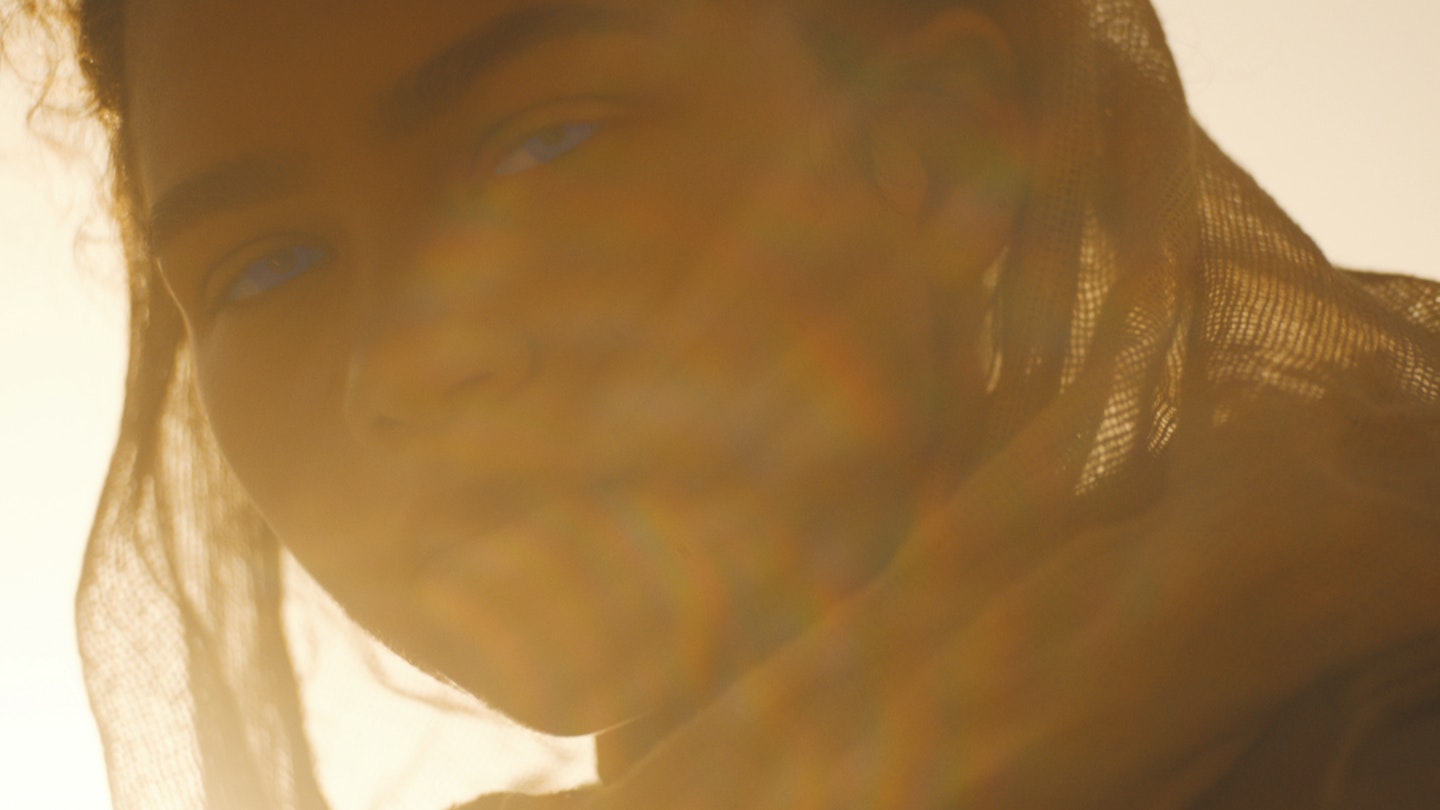
It brings us into Paul’s dreams – when Chani turns up in the desert, we understand she’s important in the same way that he does. In the book, it’s a bit more gradual.
The book is more intellectual. Here, I tried to make a more visceral adaptation to the book. When I read the book at 13 years old, it was a visceral experience. Later on, when I read the book more and more, I became more intellectual, but I tried to reconnect with that viscerality. From Paul's perspective, when he meets Chani for the first time, it's a very overwhelming, powerful experience for him. But he cannot express it, it’s so absurd. It's so surreal to finally meet this young woman, and that is something that he has to keep for himself. But Chani is still- I like how independent and solid she is. She's not revealing anything about how she feels about Paul in this first part.
The word ‘Dune’ is not used much in this film – you very correctly call it Arrakis for the most part.
Exactly. As my editor Joe Walker has rightly said at one point, Frank Herbert always [has] two names for each thing. Everything has multiple names. I decided that for this first part to focus on the idea that the planet — It is mentioned [as] ‘Dune’ from time to time, but mostly we just say Arrakis, as in the book. But again, maybe there will be a Part Two, and things might change…
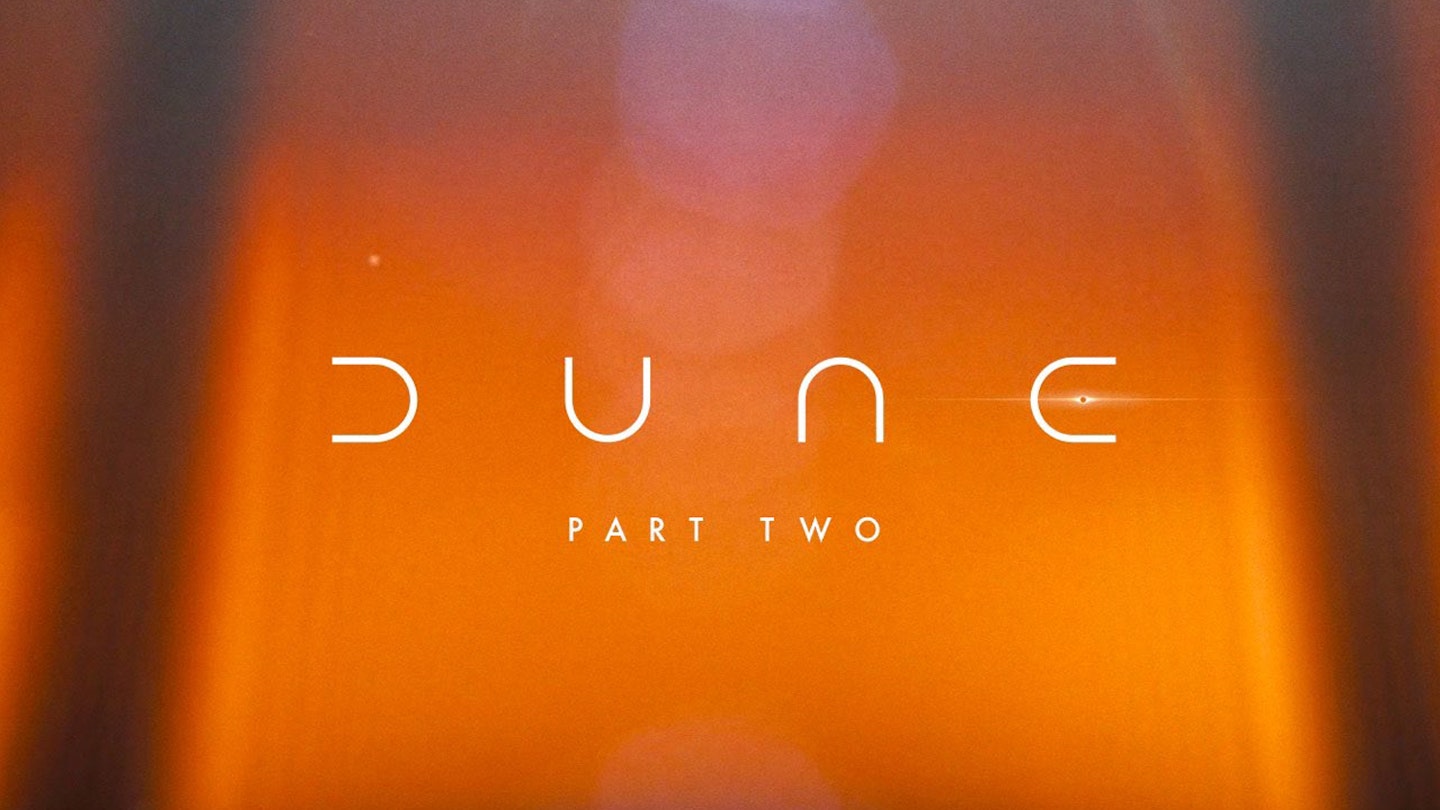
Dune is out in UK cinemas now. Hear the Empire Spoiler Special Podcast for the full Denis Villeneuve interview – find out how to listen here.
